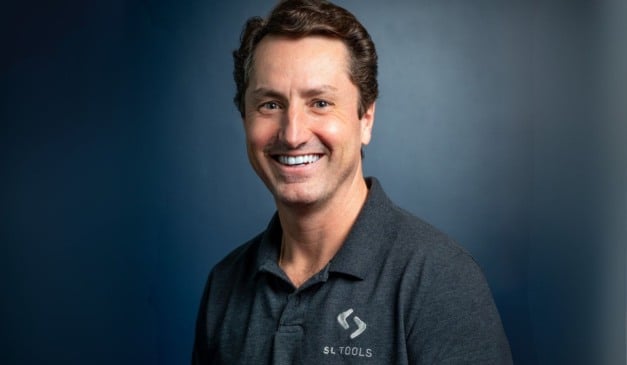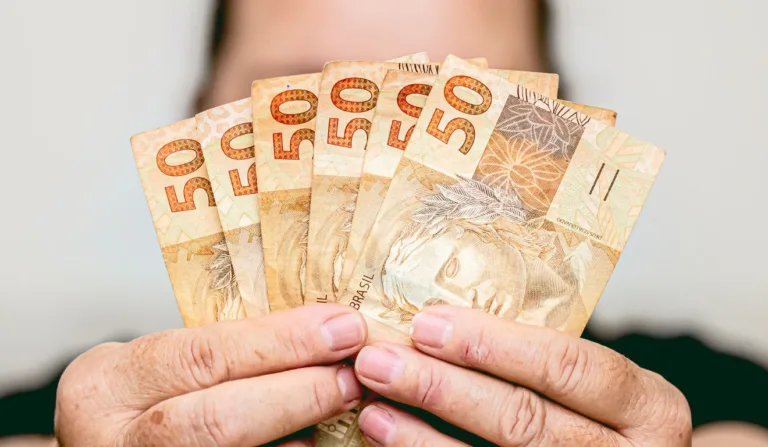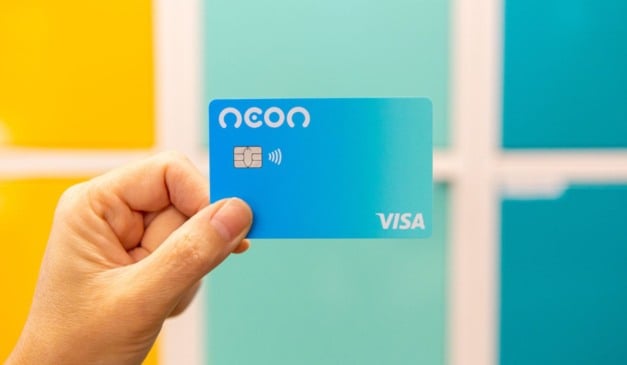
With less than two months at her new job, Cristiane Ferreira Taneze is full steam ahead at Visa. Among her priority tasks, the executive is set to relaunch teh Brazilian version of Visa for Startups, a program that is part of the payments giant’s innovation and design initiatives.
Cristiane took over as executive director of innovation, reporting directly to Vanesa Meyer, vice president of innovation at Visa Latin America and the Caribbean. The executive takes on the role of Erico Fileno, who left the company in October 2021 and is currently a partner at EY. With experiences in the world of startups such as Dr Consulta and in traditional companies such as Rede and Mastercard, Taneze will collaborate with clients and partners in co-creation projects.
“What I bring to the table is a new work format, a culture of multidisciplinary innovation based on agile methodologies and design thinking, which puts the user at the center of all solutions to solve customer pain”, said the executive in an interview with Startups, her first after joining the firm.
Visa’s initiatives with startups are part of the company’s strategy, which seeks to position itself as a “network of networks”, providing the technology behind forms of payment beyond the card, through which it is traditionally known. This vision includes monitoring market trends – for example, the company announced yesterday (30) a program that helps content creators active in the NFT universe – and innovation with startups.
Visa’s startup-related projects include the global open innovation program Everywhere Initiative, which has been through more than 8,500 startups, raising more than $16 billion since entering the competition. Launched in 2015, the program has regional phases with prizes of over $500,000. The final for Latin America is scheduled for July and the final will be in Qatar, in November. In addition, there is the Visa for Startups, which Taneze started evaluating as soon as she arrived at the company.
“[Visa for Startups] is a very important program for the Brazil office, as it brought us closer to the local startup ecosystem. Before, before, we had the global program and we didn’t participate so much in the day to day [of new companies]”, says the executive about the initiative.
Launched in 2021, Visa for Startups is described by the company as a relationship channel to help startups build connections with customers. In addition, the project includes working with challenges in priority areas for the company and its partners and creating commercial proposals.
The project is a reformulation of the company’s acceleration program, which was launched in 2017 and had its last edition in 2020. A group of 69 startups went through the program in its old version, of which 36 closed deals. Of these, 53% closed with payment company partners and 44% with Visa itself, while 3% of startups did business with each other.
In addition, 16 participating startups managed to raise around 133 million Brazilian reais in investments, with direct or indirect assistance from Visa. “The numbers show that we are transforming the program into business, which is great for all parties involved”, Taneze noted.
Advantages for startups
For the next edition of the program, which should take place between July and September this year, the idea is for startups to present proposals to address complexities and opportunities that Visa and its customers identify in Brazil. “We will define the challenges and work with these startups in the development of MVPs that can be placed on the market”, Taneze pointed out.
In addition to having its solutions implemented and potentially doing business in a shorter time compared to the rest of the market, the company offers other benefits to startups participating in the acceleration program. Counterparts include a platform with direct access to Visa APIs, as well as a certification program that helps startups create and launch payment offerings that meet Visa’s global standards for security and functionality.
Considering that there are several acceleration programs that compete for fintechs, Cristiane wants the program to deliver results for participating startups. “We see an evolution in the market, and the moment requires that the program be attractive for startups to participate”, she emphasizes. She adds that a crucial aspect of the process is to allocate people responsible for products and solutions at Visa, in order to develop products together with startups and promote the growth of these companies.
When it comes to internal engagement, Cristiane says that this has always occurred naturally at Visa. Over the 4 editions of the acceleration program, the company dedicated more than 700 hours of mentoring to startups, with a third of the Visa team participating in these activities.
“[From internal participation] was the great strength of the program from the beginning. We understand that this is a strong point that must be continued and that adds value in the development of products and services that can move forward”, Taneze said
In addition to providing Visa League, a group of employees of the payments giant who are involved in the initiative, the company should also offer lectures and “interesting exchange environments” for startups, and access to its network of relationships, according to the Visa executive.
“The great benefit that Visa offers [to startups] is precisely connecting them to this network of partners. This connection with issuers, acquirers, and other companies that relate to us is very interesting, and it is what attracts startups, as to grow and scale they need to participate in this ecosystem,” she noted.
Orchestrating partnerships
When it comes to moving forward with initiatives for startups in Visa’s Brazilian subsidiary, Taneze said the composition of partners to solve a challenge together as the greatest area of complexity.
“In a program like this, [you have to decide] what the necessary partner orchestration will be. In an open innovation environment, we know that startups and fintechs have a niche perspective, and solve a very specific customer pain, while Visa has a more holistic perspective”, she said.
“When we analyze niche solutions to solve a problem, we often have to make a composition, which can include internal partnerships, or the startup with another business that already exists and is already operating in this network”, the executive explained. “The big challenge is to promote a ‘match’, so that these solutions can go live as soon as possible.”
Despite the challenges related to creating a program that founders want to participate in, Taneze emphasizes that the legacy of previous programs should contribute to the success of Visa for Startups. “Visa is a very popular brand and is perceived by the market as a partner that adds value, and we see great interest from companies in connecting with us”, she said.
Over the next year, the Visa director expects that the way to measure the value of the company’s initiatives with startups will be to continue to show expressive numbers, especially in terms of closed deals. “We want to make more startups want to participate because they saw the benefit in others. My main objective is to turn this program into business and foster a cycle that feeds itself.”








